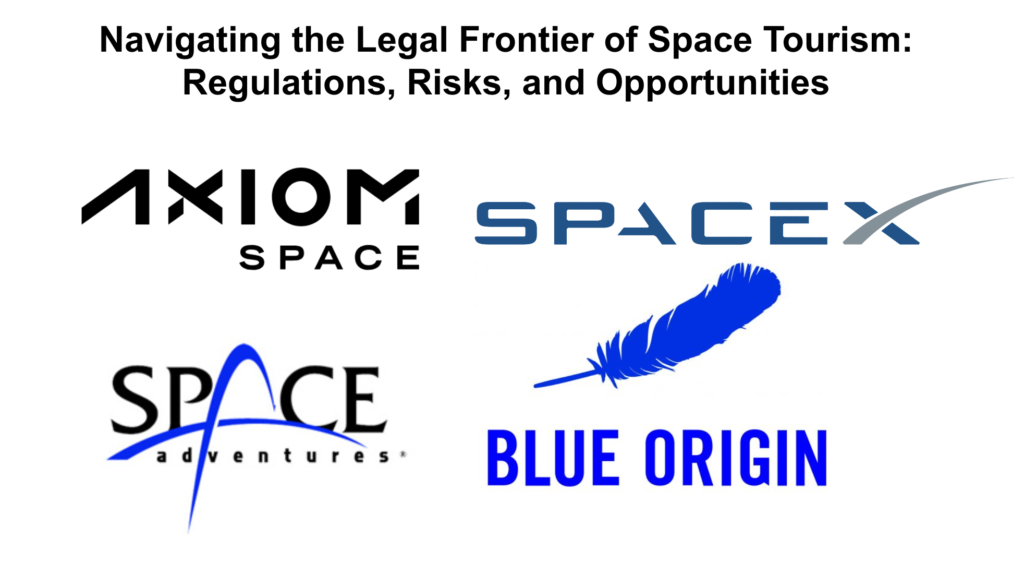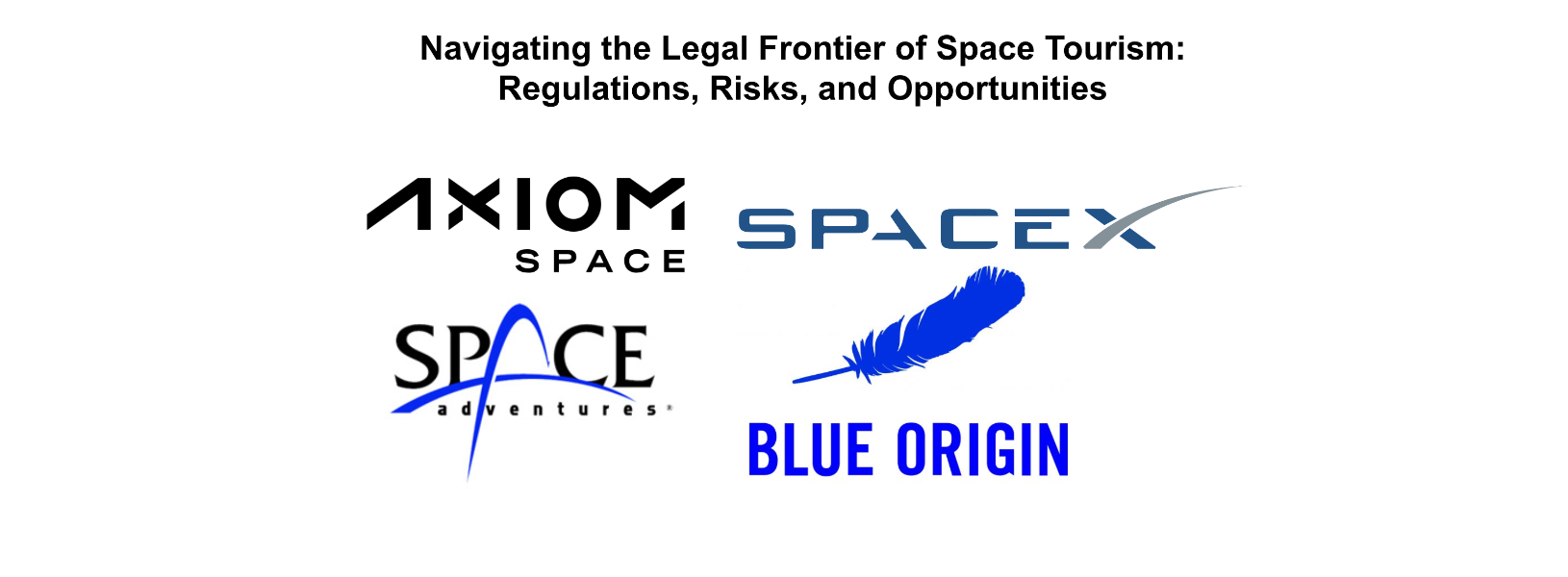
As the possibility of space tourism becomes more tangible, the legal landscape governing such ventures is coming sharply into focus. The prospect of civilians journeying beyond Earth’s atmosphere for leisure or exploration purposes raises a plethora of legal considerations, ranging from safety standards to liability issues. This article explores the evolving framework of space tourism regulations, the associated risks, and the burgeoning opportunities within this nascent industry.
Space tourism, once the realm of science fiction, is now on the brink of reality. Companies like SpaceX, Blue Origin, and Axiom Space are making significant strides in developing commercial spaceflight capabilities, promising to transport paying customers to suborbital and eventually orbital destinations. However, the regulatory framework governing these activities remains a work in progress, with governments and international organizations grappling to keep pace with technological advancements.
At the forefront of space tourism regulation is the issue of safety. Unlike traditional air travel, space tourism involves inherent risks associated with the harsh environment of space, including microgravity, radiation exposure, and the potential for catastrophic equipment failure. Ensuring the safety of passengers and crew members is paramount, prompting regulatory agencies to establish rigorous standards for vehicle design, operational procedures, and crew training.
The United States Federal Aviation Administration (FAA) has taken a leading role in regulating commercial spaceflight activities through its Office of Commercial Space Transportation (AST). AST oversees the licensing and permitting process for commercial space launch and reentry operations, assessing the safety and risk factors associated with each mission. Companies seeking to conduct space tourism flights must obtain a launch license from the FAA, demonstrating compliance with stringent safety requirements.
In addition to safety regulations, space tourism operators must navigate liability issues in the event of accidents or incidents during a spaceflight. Traditional aviation liability frameworks may not fully apply to space travel, given the unique nature of the industry and the absence of established legal precedents. Questions regarding passenger liability, insurance coverage, and indemnification agreements remain unresolved, leaving both operators and passengers in uncharted legal territory.
Furthermore, the international nature of space tourism poses challenges for regulatory harmonization and coordination among different countries. While the Outer Space Treaty of 1967 establishes broad principles governing the peaceful use of outer space and prohibits national appropriation of celestial bodies, it does not address the specific regulatory requirements for commercial space activities, including tourism. As a result, there is a patchwork of national laws and regulations governing space tourism, creating potential inconsistencies and legal uncertainties.
Despite these challenges, the burgeoning space tourism industry offers immense opportunities for innovation, economic growth, and scientific advancement. Beyond the thrill of spaceflight itself, tourism ventures could enable research opportunities, educational outreach, and cultural exchange on a global scale. Moreover, the development of commercial space infrastructure and services could pave the way for future exploration missions, colonization efforts, and sustainable space habitats.
In conclusion, space tourism represents a frontier of opportunity and exploration, but one that is accompanied by legal complexities and regulatory challenges. As the industry continues to mature, stakeholders must work collaboratively to establish clear and effective regulatory frameworks that prioritize safety, mitigate risks, and foster responsible innovation. By addressing these legal considerations proactively, we can unlock the full potential of space tourism while ensuring a safe and sustainable future for humanity’s journey beyond Earth.
Companies Working on Space Tourism:
1. SpaceX – Founded by Elon Musk, SpaceX aims to make space travel more accessible through its Crew Dragon spacecraft and plans for orbital space tourism missions.
2. Blue Origin – Founded by Jeff Bezos, Blue Origin is developing the New Shepard suborbital rocket for space tourism flights to the edge of space.
3. Axiom Space – Axiom Space plans to offer commercial spaceflights to the International Space Station (ISS) for private astronauts and space tourists.
4. Space Adventures – Space Adventures has facilitated several private space missions to the ISS and aims to expand its offerings for space tourism experiences beyond Earth’s orbit.

Abdullah AlGharrash, Co-Founder of SpaceTech in Gulf
About the author: Passionate Saudi Aerospace Engineer with years of experience in the space and jet engines industry, mentor at SGAC, researcher, and author in the space domain.
Email: [email protected]

